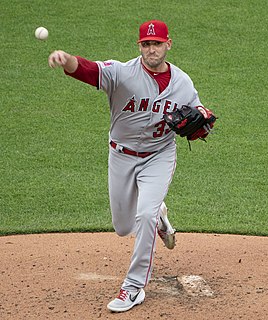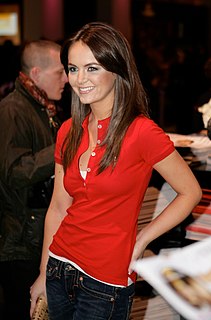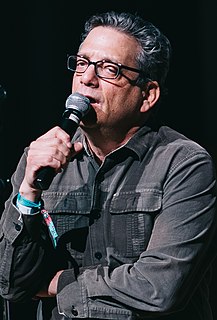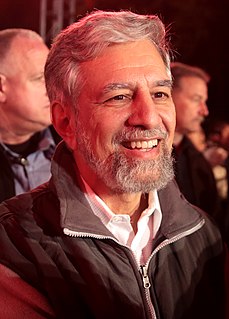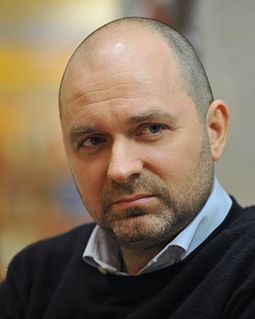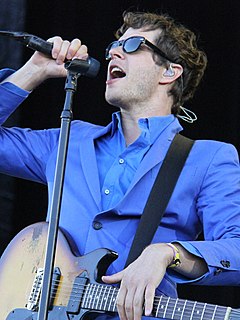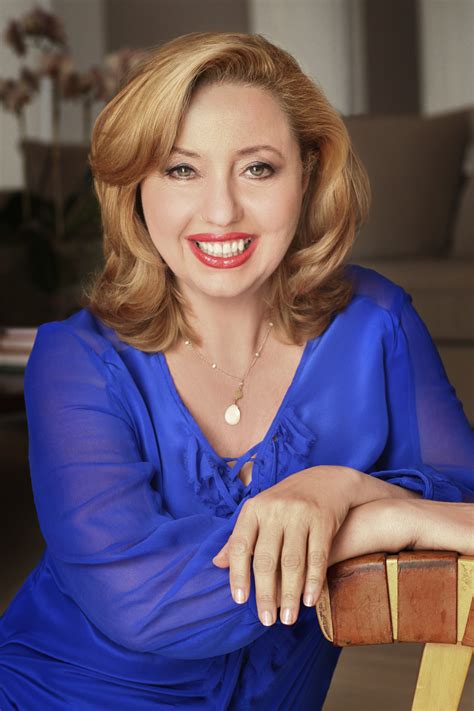A Quote by Matt Harvey
I think there's a lot of learning process in figuring out what things you want to do and shouldn't do. Maturing in that way is something that comes with experience and time.
Related Quotes
Everyone needs some trial and error figuring out how it's gonna work for them. I could have gotten that out of the way a little sooner but I think you're totally right, the way I kind of think about things and the way I wanted to put myself out there doesn't fit the traditional side of things. I needed things like podcasts and YouTube and things that allow you to get it out there yourself and stand in the flames.
I think that Billie (Jean King) and Zina (Garrison), they have a whole lot of experience. Even if I don't quite agree with something or have a different way of doing it this week, whatever they said, I did it right away and I found out that it was correct. I think that's helped a lot...I'm having fun. I had a lot of fun out there. Sometimes I was ready to smile -- but I knew I'd lose focus -- because I was doing things that I'd done in practice and we talked about. I was ready to laugh and give someone a high-five, but it wasn't time for that.
The "essence" of comics is fundamentally the weird process of reading pictures, not just looking at them. I see the black outlines of cartoons as visual approximations of the way we remember general ideas, and I try to use naturalistic color underneath them to simultaneously suggest a perceptual experience, which I think is more or less the way we actually experience the world as adults; we don't really "see" anymore after a certain age, we spend our time naming and categorizing and identifying and figuring how everything all fits together.
I think grief is a huge subject; it's one of the things that everybody is going to confront in one way or another. There's been a lot of books written about how Americans have an odd way of trying to defer grief or minimize the need to grieve. People used to have a lot more ritual grief in their lives. For the most part, we think of it as a strictly temporal process: you grieve for a time and then you're over [it], but it's also a spatial process. It travels across a map.
For me, one of the highlights of being in the private equity world is that you need to learn a lot and very quickly about different businesses. So it's always a continuing learning experience where you can apply what you know, of course, by way of judgment and by way of numerical analysis. You're always investing in new businesses, which is a learning experience in itself. I think that is a wonderful thing and I think it makes for intellectual challenge and for continued personal growth. That, for me, is the highlight of this job.
I think that is what you want to do as a cinemagoer - to experience something fully. Some things don't let you experience them fully. It may be your own preordained prejudice where you can't experience them fully. But when you come out of the cinema having felt, thought, and experienced your way through two hours, that is a really cool thing.
I still work that expectation/disappointment cycle all the time. I think it is part of the human nature and I think the most important thing is not to judge it. We are human and we do have expectations and a lot of our expectations are often not met. It is a process of learning how to be kind and compassionate and loving to ourselves when we don't get the things we want when people, circumstances, and opportunities don't match our expectations.
